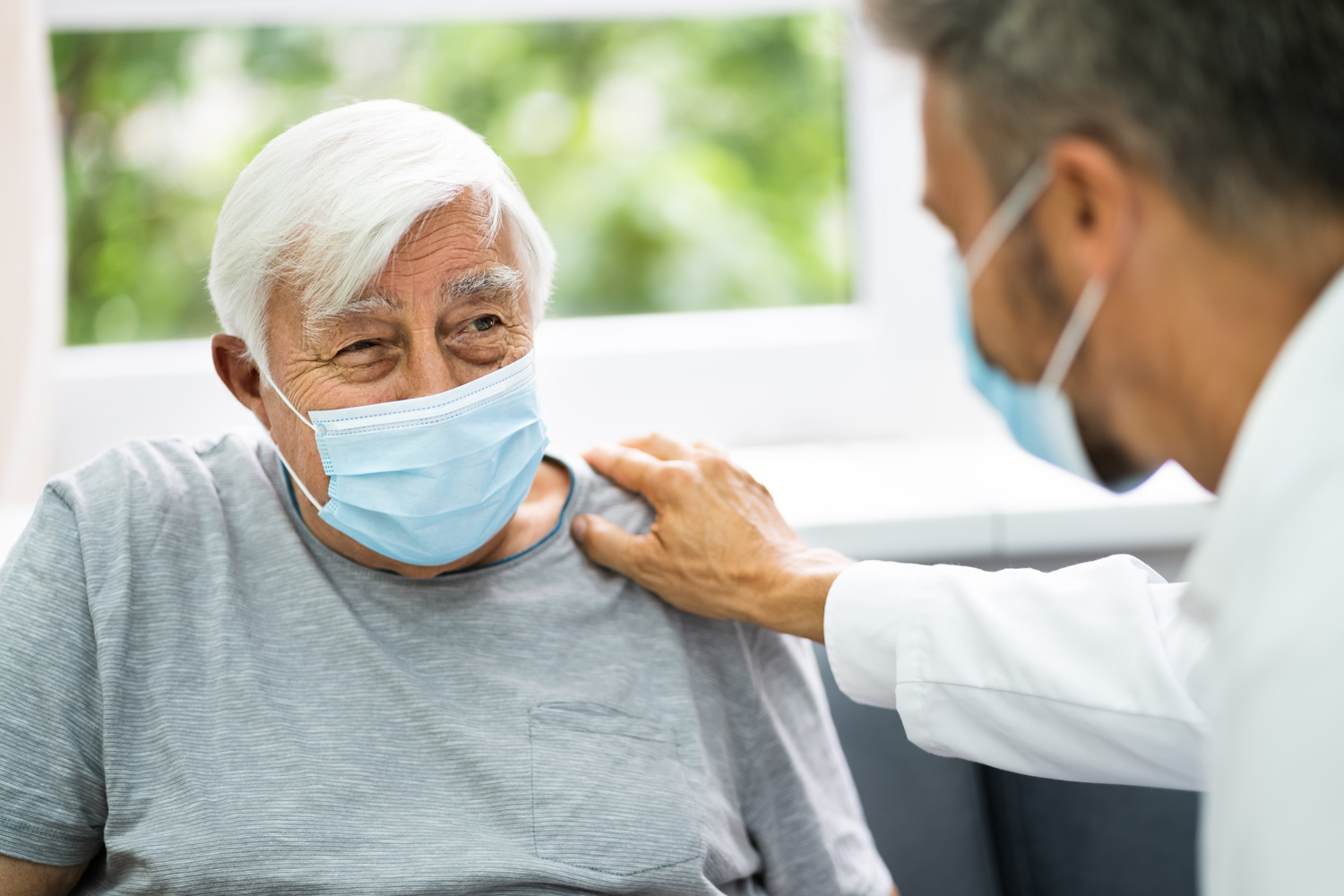Unless you’re a professional stunt person, no one wakes up in the morning and expects to fall or injure themselves. But many people will need prompt, high-quality treatment from an urgent care or emergency room facility for unexpected injuries or illnesses during their lifetime. That’s why it’s important to understand when to go to urgent care vs emergency room vs your primary care physician.
If you need urgent medical attention, your first thought might be to go to a hospital emergency room. However, there are many nonlife-threatening medical situations when an urgent care facility is the better choice for fast, affordable service. Thibodaux Regional Urgent Care – Houma is equipped to handle a comprehensive list of medical services, including (but not limited to):
- Cold and flu symptoms
- Upper respiratory tract infections
- Fevers
- Ear infections
- Bladder infections
- Cuts and bruises
- Mild to moderate burns
- Sprains, strains, and fractures
- Splinters and foreign body removal
Our skilled physicians also provide return-to-work and sports physicals, IV fluid hydration, and vaccines. If you’re wondering whether Thibodaux Regional Urgent Care – Houma can treat your urgent medical need, please contact us so we can make sure you get the level of care you need as quickly as possible.
Urgent care vs emergency room vs primary care physician costs
There is a lot to consider when deciding where to go for same-day medical care, not the least of which is out-of-pocket costs. If you have health insurance, you can expect a copay between $15-25 for a visit to your primary care physician and between $30-50 to see a specialist. Your exact copay will depend on your health plan coverage. In-network urgent care copays are typically between $75-100 and in-network emergency room copays are typically between $200-300. No matter where you receive care, keep in mind your total cost depends on your level of care and whether you need lab tests, x-rays, casting, or additional treatments.
If you do not have health insurance, you will need to pay for everything out-of-pocket. The good news is treatment in an urgent care facility is significantly less expensive than in an emergency room. The average cost of an emergency room visit without insurance is at least $750, while comparable services at an urgent care can cost as little as $150. Keep in mind these fees will be higher, depending on the level of care you need.
Choosing between urgent care, emergency room, or primary care physician
Knowing the best place to go for your urgent medical needs can be confusing. Here is an easy way to remember when to visit an urgent care vs. emergency room vs. your primary care physician:
- Primary care physician
For sudden illnesses or injuries that are not life-threatening but require prompt medical attention.
- Urgent care
For sudden illnesses or injuries that are not life-threatening but require prompt medical attention and when your primary care physician is unavailable. - Emergency room
For serious, potentially life-threatening illnesses or injuries that need immediate medical attention.
Please note: Always go directly to your nearest emergency room for potentially life-threatening medical conditions like uncontrolled bleeding, compound fractures, chest pain, head injuries, or difficulty breathing.
When to go to urgent care and when to wait
Your primary care physician is often the best choice for your medical needs because they’re familiar with your health history, can perform regular checkups, and can detect and diagnose health issues early, before they become more serious. They can also help you prevent and manage chronic health conditions like high blood pressure, heart disease, diabetes, or cancer.
However, urgent care facilities should be used as a supplemental service provider when your primary care physician is unavailable to you (e.g., they do not have any same-day appointments, it’s after hours, it’s the weekend, or you’re out of town) and you need urgent, same-day medical care. Before you go, verify that your closest urgent care accepts your health insurance plan to avoid unexpected (or avoidable) out-of-pocket expenses.
If you or a loved one needs safe, effective urgent care services, visit Thibodaux Regional Urgent Care – Houma. We welcome walk-in appointments 7 days a week.

